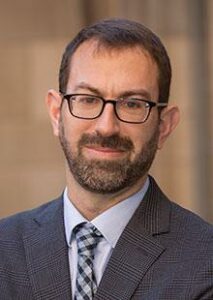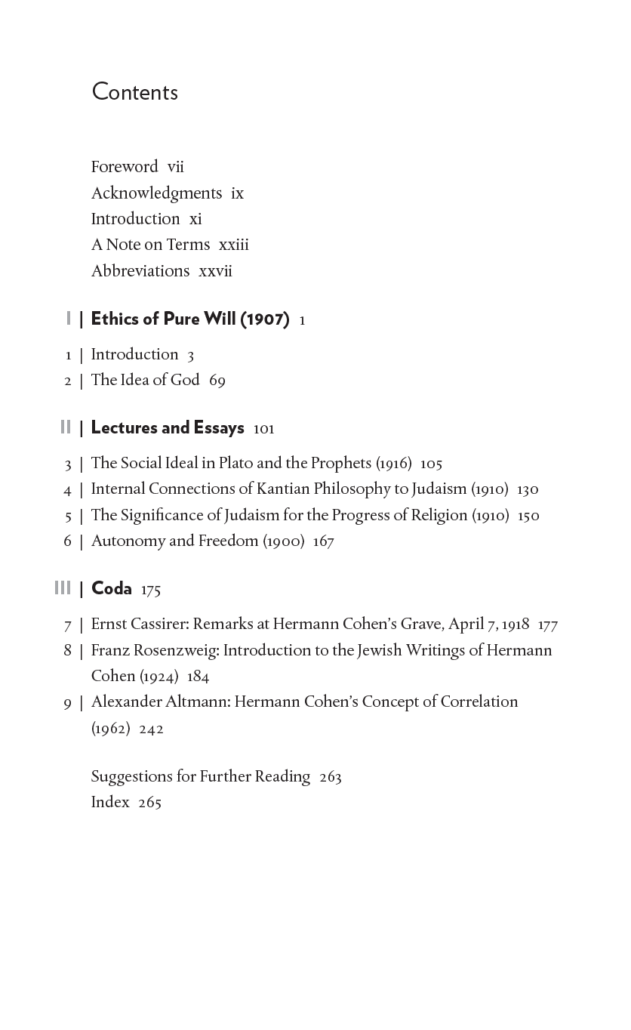This new collection is a great gift for our time. Hermann Cohen was Germany’s great philosopher of Judaism and champion of Kantian ethics at the turn of the 20th century. He drew powerful affinities between Kant’s moral philosophy and Jewish ethics, emphasizing how both point towards perpetual peace. In our divided world today, struggling for a universal ethics, Cohen’s writings offer powerful reasons to hope and strive for a world of peace and wellbeing.
Samuel Moyn
Samuel Moyn is Chancellor Kent Professor of Law and History at Yale University. He received a doctorate in modern European history from the University of California-Berkeley in 2000 and a law degree from Harvard University in 2001. He came to Yale from Harvard University, where he was Jeremiah Smith, Jr. Professor of Law and Professor of History. Before this, he spent thirteen years in the Columbia University history department, where he was most recently James Bryce Professor of European …







